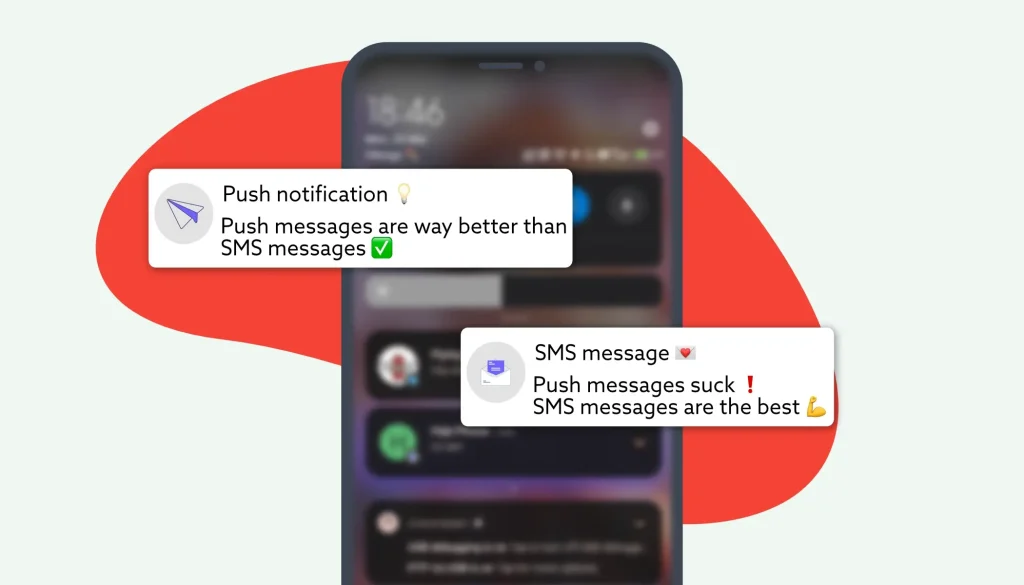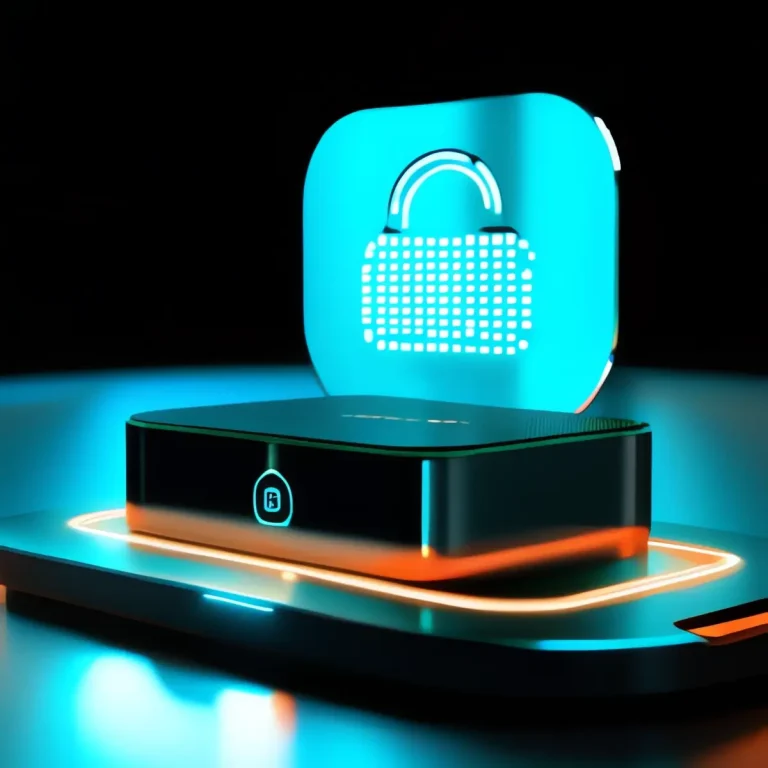SMS vs. Push Notification Choosing the Right Mobile Messaging Strategy

In the realm of mobile marketing, communication is key to engaging users and driving desired actions. Two prominent methods of mobile messaging that businesses often utilize are Short Message Service (SMS) and push notifications. Both offer unique advantages and serve distinct purposes, making it crucial for businesses to understand their differences and choose the right strategy for their objectives. Let’s delve into the comparison between SMS and push notifications to help businesses make informed decisions regarding their mobile messaging strategy.
Understanding SMS and Push Notifications
SMS, commonly known as text messaging, involves sending short text messages directly to users’ mobile devices via cellular networks. On the other hand, push notifications are messages sent to users’ devices through mobile applications or web browsers, typically to deliver timely updates, promotions, or alerts.
Reach and Accessibility
SMS boasts a broad reach, as it can reach virtually all mobile phone users, regardless of their device or internet connectivity. This universality makes SMS an effective tool for reaching a wide audience, including users with non-smartphones or limited data plans. In contrast, push notifications require users to have installed the corresponding mobile app or opted in to receive notifications via a web browser, limiting their reach to app users or website visitors who have explicitly granted permission.
Content and Interactivity
While SMS is primarily text-based, push notifications offer greater flexibility in terms of content and interactivity. Push notifications can include multimedia elements such as images, videos, or interactive buttons, enhancing engagement and conveying information more effectively. Additionally, push notifications can deep-link users to specific content within an app or website, facilitating seamless interactions and encouraging further engagement.
Timing and Timeliness
SMS messages are typically delivered instantly, making them suitable for time-sensitive communications or urgent alerts. Push notifications, while also delivered promptly, may be subject to delays based on factors such as device connectivity or app settings. However, push notifications allow for greater control over timing, as businesses can schedule notifications based on users’ time zones or behavior, optimizing engagement and response rates.
Opt-in and User Experience
Both SMS and push notifications require user opt-in to comply with privacy regulations and ensure a positive user experience. However, the opt-in process for push notifications tends to be more integrated within apps or websites, allowing for contextual requests based on user interactions. SMS opt-ins often involve explicit consent through text message subscriptions, which may require additional steps and can potentially disrupt the user experience.
Cost and Scalability
From a cost perspective, SMS messages may incur charges based on the volume of messages sent and recipients’ mobile plans. Push notifications, on the other hand, are typically free for businesses to send, making them a cost-effective solution for reaching app users or website visitors. Additionally, push notifications are highly scalable, allowing businesses to send messages to large user bases without incremental costs per message.
Choosing the Right Strategy
When deciding between SMS and push notifications, businesses should consider their specific goals, audience preferences, and the nature of their messaging. SMS is well-suited for delivering critical alerts, transactional notifications, or reaching users without internet access. Push notifications excel in engaging app users, delivering personalized content, and driving ongoing interactions.
Conclusion
SMS and push notifications are both valuable tools in the mobile marketer’s arsenal, each offering distinct advantages depending on the desired outcome and target audience. By understanding the differences between SMS and push notifications and evaluating their respective strengths and limitations, businesses can develop a comprehensive mobile messaging strategy that effectively engages users, drives conversions, and enhances overall customer experience in today’s mobile-centric world.
Like what you’re reading?
Push0 is a privacy-first push notification service built for devs and marketers who care.
Try it free for 14 days — no credit card, no fluff.



